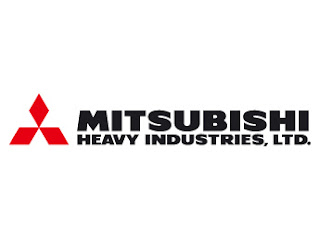The firm said that the attack resulted in the infection of 10 of its sites across Japan, including its submarine manufacturing plant in Kobe and a facility in Nagoya which makes engine parts for missiles. In total 45 network servers and 38 PCs became infected with eight strains of malware, including Trojan horse programs.
News of the security breaches emerged over the weekend. Mitsubishi said the circumstances of the intrusions – first detected in mid-August – are under investigation, with a report due by the end of the month. In the mean time the firm is playing down suggestions that the malware may have been used to successfully extract industrial secrets via compromised systems.
A Mitsubishi spokesperson said "We've found out that some system information such as IP addresses has been leaked and that's creepy enough.Attacks against defence contractors have appeared frequently in the news of late. Earlier this year Lockheed Martin and L-3 Communications said they had each come under attack via an assault that relied on data stolen during the earlier RSA megahack.
"We can't rule out small possibilities of further information leakage but so far crucial data about our products or technologies has been kept safe," he added.
Presumed industrial espionage attacks against defence contractors and energy firms are often blamed on China, an accusation that the country strongly denies. Evidence that China is involved tends to come in the form of the origin of the attack (easily faked using a compromised system in China) or regional quirks and the languages used in hostile code (harder to spoof but still inconclusive).

Post a Comment